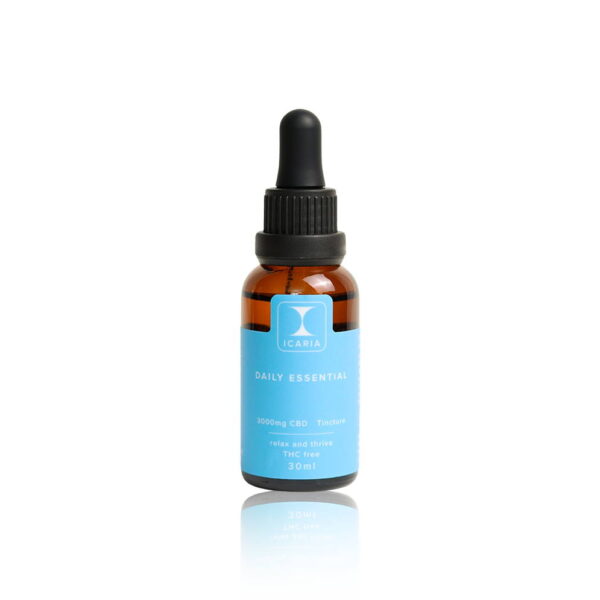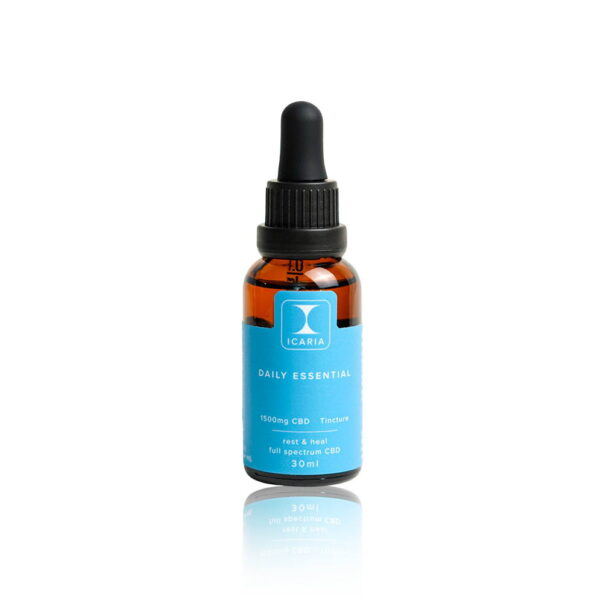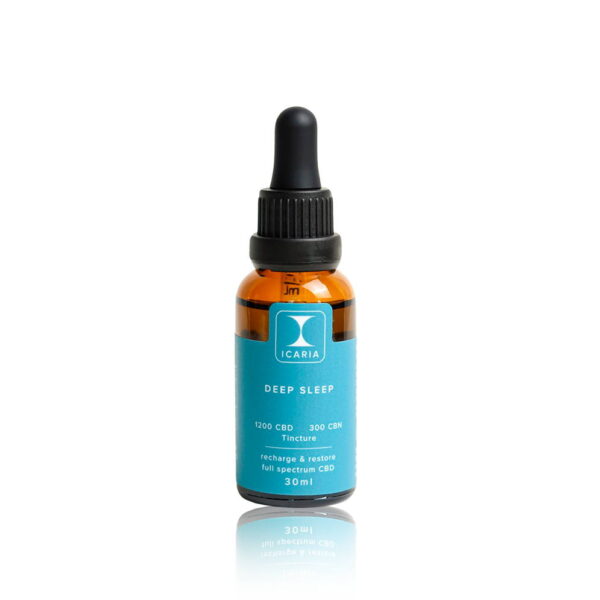Autoimmune conditions affect millions of people worldwide, with women bearing the brunt of many of these chronic illnesses. Conditions like rheumatoid arthritis, lupus, and multiple sclerosis can drastically impact the quality of life, causing pain, fatigue, and a range of other debilitating symptoms. Traditional treatments can be effective, but many women are seeking natural options to support their wellness journey. This is where CBD, a non-psychoactive compound derived from the hemp plant, has captured interest. In this article, we’ll explore how CBD may offer support for women living with autoimmune conditions, discussing its potential benefits, safe usage, and considerations.
Understanding Autoimmune Conditions and Their Impact on Women
Autoimmune conditions occur when the immune system mistakenly attacks the body’s own tissues, leading to inflammation, pain, and organ damage. For reasons that are not fully understood, autoimmune conditions disproportionately affect women. Researchers suggest that hormonal, genetic, and environmental factors could be at play, contributing to the higher prevalence among women.
Some of the most common autoimmune conditions affecting women include:
- Rheumatoid arthritis: A chronic inflammatory disorder affecting joints, often leading to pain, swelling, and stiffness.
- Lupus: An autoimmune disease that can damage any part of the body, including skin, joints, and organs.
- Multiple sclerosis: A condition where the immune system attacks the protective covering of nerve fibres, affecting brain and spinal cord function.
- Hashimoto’s thyroiditis: An autoimmune disorder targeting the thyroid gland, leading to hypothyroidism and fatigue.
These conditions can make daily life challenging. While traditional treatments such as immunosuppressive drugs and steroids are often necessary, they may have significant side effects, and they don’t work for everyone. Many women are now turning to CBD for autoimmune support, seeking natural relief for chronic symptoms.
How CBD Works with the Endocannabinoid System (ECS)
The endocannabinoid system (ECS) plays a crucial role in maintaining balance within the body. It influences many physiological processes, including immune response, mood, pain perception, and sleep. The ECS is made up of receptors (CB1 and CB2), endocannabinoids (naturally occurring cannabinoids produced by the body), and enzymes that break down these compounds.
CBD, or cannabidiol, is a plant-based cannabinoid that interacts with the ECS, although it does not bind directly to CB1 or CB2 receptors like THC, the psychoactive compound in cannabis. Instead, CBD indirectly influences the ECS by enhancing the availability of the body’s natural endocannabinoids and interacting with other receptors in the body. This may have regulatory effects on the immune system, potentially calming overactive immune responses—a key issue in autoimmune diseases. For those with autoimmune conditions, this interaction can be beneficial, as CBD’s influence on the ECS may help reduce inflammation, alleviate pain, and promote a sense of calm.
CBD for Autoimmune Conditions – Potential Benefits
- Reducing Inflammation Inflammation is a primary symptom in most autoimmune diseases, causing pain and tissue damage. Studies have shown that CBD may have anti-inflammatory properties. By reducing the production of pro-inflammatory cytokines, CBD can potentially help minimize flare-ups and protect tissues from further damage. Women with rheumatoid arthritis or lupus, for example, may find that CBD for autoimmune support offers relief from inflammatory symptoms.
- Managing Pain Chronic pain is a common and often overwhelming symptom for those with autoimmune conditions. The pain may stem from inflamed joints, nerve damage, or tissue damage. CBD is widely recognized for its pain-relieving properties. It has been studied for its potential to modulate pain perception, particularly in conditions like rheumatoid arthritis, where joint pain is common. By interacting with pain receptors and reducing inflammation, CBD may offer a dual benefit, providing both immediate and long-term relief.
- Improving Sleep and Reducing Fatigue Quality sleep is essential for those with autoimmune conditions, as it allows the body to repair and reduces the likelihood of flare-ups. However, many women with chronic illnesses struggle with insomnia or disrupted sleep due to pain and anxiety. Research suggests that CBD may help promote better sleep by reducing anxiety and influencing the sleep-wake cycle. For women experiencing fatigue due to conditions like Hashimoto’s thyroiditis, improved sleep can have a significant impact on energy levels, ultimately supporting overall wellness.
- Supporting Mental Health and Reducing Anxiety Living with a chronic autoimmune condition can be mentally and emotionally taxing. The uncertainty, pain, and lifestyle limitations can lead to heightened anxiety, stress, and depression. CBD is known for its calming effects, helping to reduce symptoms of anxiety by interacting with serotonin receptors in the brain. By providing a sense of calm, CBD for autoimmune support may also help those with chronic illness feel more resilient and better equipped to handle daily challenges.
How to Use CBD for Autoimmune Support
For those interested in using CBD for autoimmune conditions, there are several options, including oils, capsules, edibles, and topicals. Each form has its own benefits and may suit different preferences or needs.
- CBD Oils or Tinctures: Taken under the tongue, CBD oil is one of the most popular ways to use CBD. It allows for quick absorption and easy dose adjustments. (Find the best CBD oils in Canada – HERE)
- Topicals: CBD creams and balms can be applied directly to sore areas, providing targeted relief for joint pain and inflammation. (Find the best CBD topicals in Canada – HERE)
- Capsules and Edibles: These provide a pre-measured dose and are convenient for those who prefer not to taste CBD oil. However, they may take longer to show effects due to digestion.
When beginning with CBD, it’s best to start with a low dose and gradually increase until desired effects are achieved. Because everyone’s body reacts differently, the “right” dose will vary. Consulting a healthcare provider is advisable, especially for those taking other medications, as CBD can interact with certain drugs.
Considerations and Precautions
When choosing a CBD product, quality is crucial. Look for products that are third-party lab tested to confirm potency and ensure they’re free from harmful contaminants like pesticides and heavy metals. Full-spectrum or broad-spectrum CBD products are often preferred, as they contain a range of cannabinoids and terpenes that may enhance CBD’s effectiveness through the entourage effect.
It’s also important to note that CBD, while beneficial, is not a cure for autoimmune conditions. Instead, it should be viewed as a complementary tool within a holistic wellness strategy. As with any supplement, there can be side effects, including dizziness, dry mouth, or mild gastrointestinal issues. Additionally, CBD may interact with certain medications, particularly those processed by the liver. Women with chronic conditions should consult their healthcare provider before incorporating CBD into their routine.
Conclusion
For women navigating the complexities of autoimmune conditions, CBD offers a natural, promising approach to supporting wellness. Its potential to reduce inflammation, alleviate pain, improve sleep, and support mental health makes CBD a valuable addition to the management strategies for chronic illnesses. However, it’s essential to approach CBD as part of a broader lifestyle that includes medical guidance, balanced nutrition, and self-care practices. By exploring CBD for autoimmune support, women with chronic illnesses can find new options to manage their symptoms and enhance their quality of life naturally.







